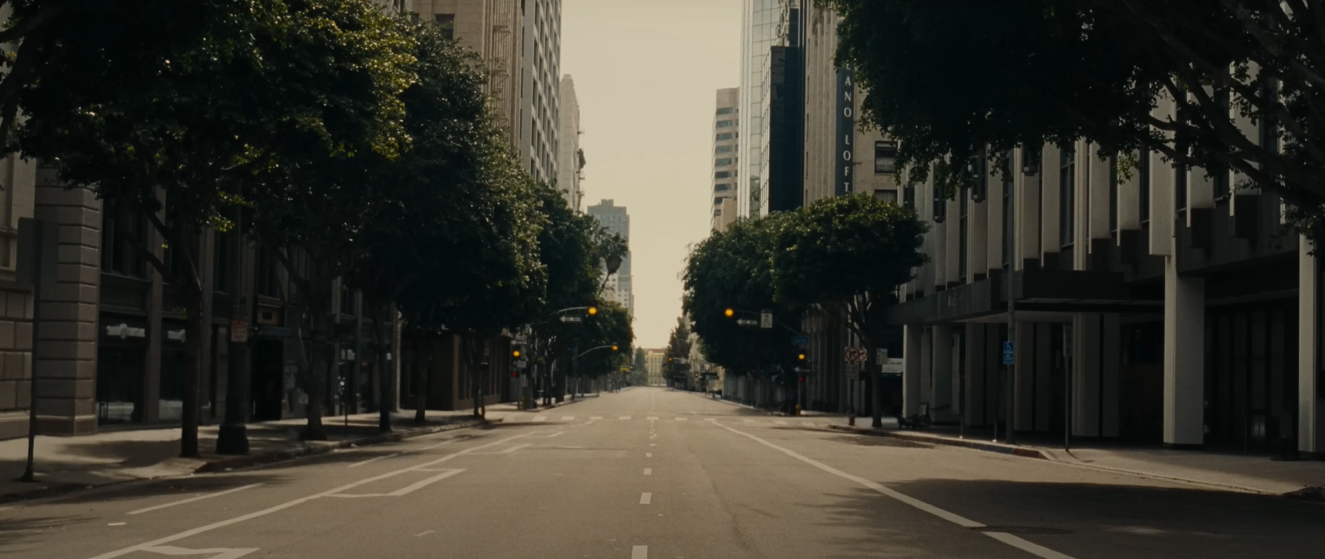The Final Chapter of The Weeknd: Hurry Up Tomorrow and Abel Tesfaye's Catharsis

The contemporary music world is holding its breath for what might be the final musical declaration from 'The Weeknd,' one of the 21st century's most influential personas. The anticipated album, tentatively titled 'Hurry Up Tomorrow,' is not merely a new release. It represents the culmination of a groundbreaking trilogy and likely the final work under 'The Weeknd' moniker before the artist fully embraces his birth name, Abel Tesfaye. A recent in-depth analysis traces his journey from a troubled past to global icon status, offering profound insight into the artist's inner world as he approaches the meaningful conclusion of an era.
From Abel's Shadow to The Weeknd's Light
Understanding that The Weeknd emerged as an artistic persona born from Abel Tesfaye's real-life experiences is crucial. His unstable childhood in Toronto, raised by a hardworking single mother and grandmother with an absent father, led him down a rebellious path. Drugs, homelessness, and a chaotic lifestyle formed the crucible in which his unique musical identity was forged. Music became his refuge and "productive hobby," allowing him to transform the darkness of his self-described "Low Life" into a captivating artistic narrative.
The name 'The Weeknd,' adopted when he left home on a decisive weekend, symbolized a break from his past. His landmark 2011 mixtape 'House of Balloons' became the blueprint for this period. Tracks like "High For This," "The Morning," and "Wicked Games" didn't simply glorify hedonism but eerily explored the emptiness, regret, and "dark, damp" emotions that followed. This unvarnished honesty, initially shrouded in anonymity—particularly his candid portrayal of himself as a 'drug user'—resonated deeply with his contemporaries, capturing a generation yearning for shadowed authenticity.

The Trilogy of Ascent and Descent at the Peak of Superstardom
Abel Tesfaye harbored ambitions far beyond the confines of his early persona. His deal with major label Republic Records signaled a calculated rise to pop superstardom. Mega-hits like "Can't Feel My Face" propelled him to global fame, cleverly packaging dark themes within addictive pop structures. The 'Starboy' era demonstrated his full embrace of this larger-than-life character, though his music continued to hint at the emptiness behind the glamour.
This evolved into a conceptual trilogy that traced a clear narrative arc in his career:
'After Hours' (2020) represented the aftermath of chaos. Symbolized by his bloodied, bandaged appearance in a red suit, this album delves into the desolate "after hours" (3-5 AM) following nights of excess, confronting their consequences.
'Dawn FM' (2022) embodied purgatory. Visualized as a radio station guiding souls through a dark tunnel toward light, this album features Abel as an aged version of himself, symbolizing a transitional soul awaiting judgment or liberation (5-6 AM). It felt like "the first step in The Weeknd's journey toward finding peace with himself."
Breaking Point: When the Persona Fractures
The narrative pivots on a decisive incident: his sudden voice loss forcing him to abruptly end a concert at LA's SoFi Stadium on September 3, 2022. This was more than a physical issue. Abel suggested this might have resulted from the psychological conflict between portraying 'Tedros,' the dark character from HBO's drama 'The Idol,' and performing as The Weeknd. He theorized that through his intense immersion in acting, he "forgot how to sing" as his musical alter ego.
This forced introspection. It was a realization that maintaining conflicting identities was impossible ("you can't chase two rabbits at once"). This became the catalyst for his decision to retire The Weeknd persona, declaring he had "said all I can say as The Weeknd." This doesn't necessarily mark the end of music but rather a deliberate shedding to move toward the film industry, his longtime passion, and embark on a fresh start under his birth name.

Hurry Up Tomorrow: Facing the End, Yearning for Light
The forthcoming album 'Hurry Up Tomorrow' carries immense weight as a finale. The tracks revealed so far portend intense self-reflection and confrontation:
"Wake Me Up," with its desperate cries, amplifies sensations of pursuit and escape through Michael Jackson's 'Thriller' sample. "Cry For Me" candidly reveals profound loneliness despite success and feelings of being trapped in a "penthouse prison."
While the "I Can't F***ing Sing" skit directly recreates the trauma at SoFi Stadium, "São Paulo" with Anitta returns to the decadent themes of his early persona, seemingly blurring the boundaries between pleasure and self-destruction.
"Baptized In Fear" suggests purification through suffering, while "Enjoy The Show" portrays a chilling acceptance of a self-destructive life, comparing himself to a burnt-out child star. "Without A Warning" reveals heartbreaking vulnerability, depicting himself as fragile and crushed by the world's gaze, like an elderly person facing death.
The title track "Hurry Up Tomorrow" sounds like a final confession, acknowledging himself as a sinner, yearning for a painless heaven, and admitting he's "ready to accept the end." However, "Timeless" with Playboi Carti shows confidence in his legacy and influence, highlighting the contradictions within the persona.
Particularly noteworthy is "Red Terror," which contains a sincere apology and tribute to his mother. This suggests a transition to a more personal and healthier realm following his decision to lay The Weeknd to rest.
Eternal Cycle or True Transformation?
The most intriguing point is the potential cyclical connection between the final moment of 'Hurry Up Tomorrow' and the first track of 'House of Balloons,' "High For This." The deliberate short gap between the end of the album's last track and the beginning of the first track ever released as The Weeknd poses an important question: Is this a true conclusion, or merely a pause before the cycle repeats?
This cyclicality might apply to the persona itself, which could be why Abel needs the "death" of The Weeknd persona to truly move forward. As one music critic pointed out, the entire journey over the past 14 years might be viewed as a kind of "social experiment" on fame and satisfaction.

Beyond The Weeknd
'Hurry Up Tomorrow' promises to be a complex, emotionally intense, and potentially definitive conclusion to one of modern music's most fascinating artistic narratives. It sounds like the journey of an artist wrestling with the enormous weight of the character he created, seeking catharsis and liberation.
While The Weeknd persona may disappear, Abel Tesfaye's journey is clearly not over. As we witness the rebirth of an artist who has profoundly shaped the sound and aesthetics of contemporary pop, the world's attention will be focused on his next moves—music under his birth name and potential film projects.